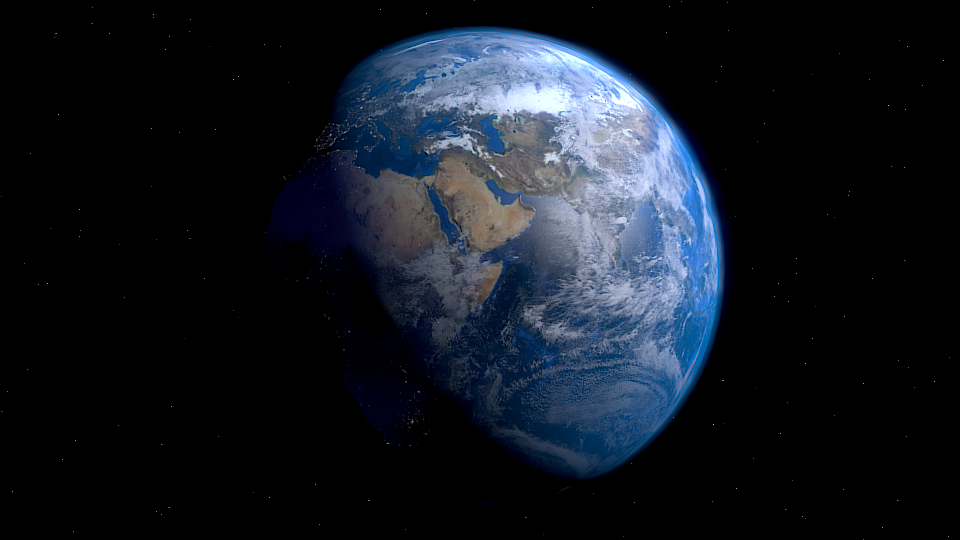What exactly is Global Citizenship?
Last quarter, my homeroom class began a practice of sitting down almost every Wednesday morning to discuss the ESLRs. We’d been discussing the question of global citizenship and its role in school life, when it occurred to me: we had no idea what we were talking about.
“I don’t even know what that is,” said Chris Liu (12C).
We weren’t exactly sure what it meant to be a global citizen. Our prevailing interpretation was something akin to a multicultural sort of diversity; in other words, we were to learn to respect the cultural identities of others. To do this, theoretically, it would be necessary first to understand our own culture before proceeding on to interact and sympathize with others.
I eventually gave up and decided to search the term online. The actual definition, while not entirely divorced from our own, is really quite different from what we had come up with. The thesis of the Global Citizens Initiative defines global citizens as people “who identif[y] with being part of an emerging world community and whose actions contribute to building this community’s values and practices.” We had considered it as a question of cultural awareness, but according to a respected authority on the subject, global citizenship is instead defined as something that is almost the opposite in some aspects: e.g. to identify oneself as a part of a larger unit that exists beyond one’s culture. It is to consider oneself a part to the whole of the entire global community. The individual becomes a unit in the greater cause in order to serve the interests of the human race entirety. In this respect, it’s really more akin to large-scale charity rather than cultural identity.
Now this is certainly far more sweeping in scale than some of the other ELSRs we’ve seen. When we consider the others, we think of them as guidelines for how we conduct ourselves, but global citizenship seems unique in its end goal of determining the purpose of our life choices. “Our eyes have been opened and our consciousness raised,” the Initiative states. “Instinctively, we feel a connection with others around the world yet we lack the adequate tools, resources, and support to act on our vision. Our ways of thinking and being are still colored by the trapping of old allegiances and ways of seeing things that no longer are as valid as they used to be.”
When we consider school activities most closely tied to global citizenship, we think of MUN, International Day, and other activities of that nature, but really if we define global citizenship as we have above, then it is something that extends — or should extend — far deeper than merely school projects and activities. While most of the ESLRs are used to help guide our conduct, this seems to be the only one that compels us to realign the goals of our conduct themselves. It is a matter of shifting our paradigms: if we wish to live out the qualities of a “global citizen,” then we must first be able to choose to commit ourselves to the end goals and allegiances of a “global citizen.” We must be willing to alter our life goals and thinking, that we might serve as contributors and members of a community beyond our personal selves.
Featured image courtesy of Wikimedia Commons.

